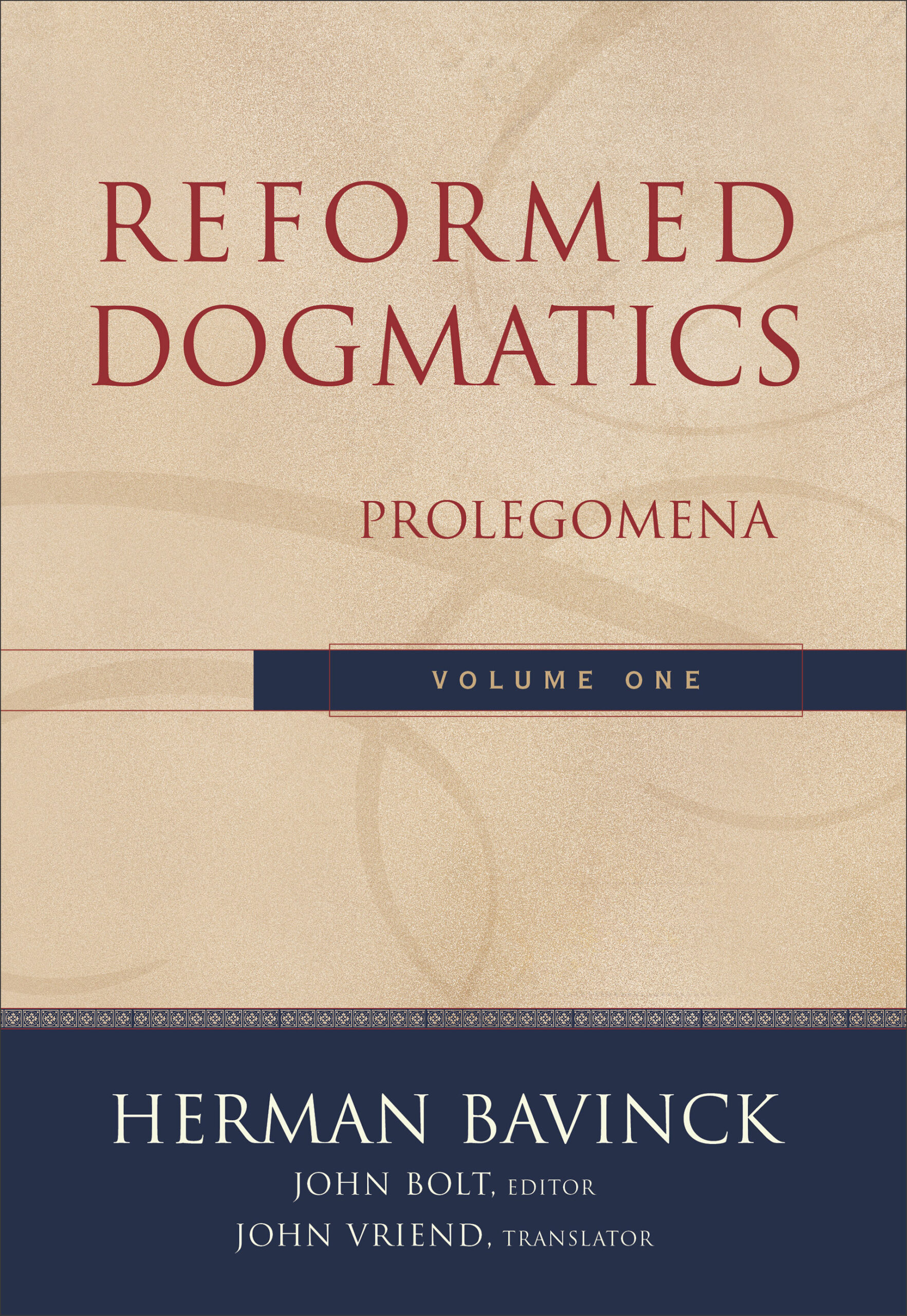A Brief Book Summary from Books At a Glance
by Steve West
Table of Contents
Part I – Introduction to Dogmatics
1 The Science of Dogmatic Theology
2 The Method and Organization of Dogmatic Theology
Part II – The History and Literature of Dogmatic Theology
3 The Formation of Dogma: East and West
4 Roman Catholic Dogmatics
5 Lutheran Dogmatics
6 Reformed Dogmatics
Part III – Foundations of the Dogmatic Theology (Principia)
7 Scientific Foundations
8 Religious Foundations
Part IV – Revelation (Principium Externum)
9 The Idea of Revelation
10 General Revelation
11 Special Revelation
12 Revelation in Nature and Holy Scripture
13 The Inspiration of Scripture
14 The Attributes of Scripture
Part V – Faith (Principium Internum)
15 Faith and Theological Method
16 Faith and Its Ground
17 Faith and Testimony
*Editor’s Note: This book is divided into two book summaries. The first summarizes Parts I-III, and the second summarizes IV-V. This is part 2.
Summary
Part IV: Revelation (Principium Externum)
Revelation is not a subject for Christian theology alone: even pagan, finite deities were thought to reveal themselves in various ways. Religion is not possible without revelation, so the two are logically inseparable. If one fails, the other fails with it. Redemption and salvation are fundamental to religion, and we need revealed answers to the questions we have about God, ourselves in relationship to God, and salvation. Grace and revelation are closely connected. Only God knows himself, so whatever we know of him must be revealed to us by him. Revelation is often conceptually divided into the categories of natural (general) or special. Issues of faith and epistemology, and philosophy and theology, emerge in these considerations. Schleiermacher centered revelation on the life modeled by Jesus rather than on doctrine. Rationalism and deism proved insufficient for religion, as did the emotional, romantic view that every human had a spark of the divine which was most visible in aesthetic and moral expression.
In the nineteenth century, many philosophers and theologians began to argue that as human beings grew in their understanding of God, God was likewise making evolutionary progress in his knowledge of both himself and his creation. In this model, special, supernatural revelation collapses back into the natural. Given strict naturalism, there cannot be communication between God and human beings. Religion requires revelation, and revelation requires supernaturalism and personal theism. “Religion, revelation, supernaturalism, and theism are inseparably interconnected. They stand or fall together.” Christians must hold to a supernatural theistic worldview and not try to approach religion or epistemology through a “neutral” scientific methodology; indeed, such a neutral methodology cannot exist. In order to forge a proper doctrine of revelation, we are dependent on revelation itself. We cannot determine in an a priori fashion what revelation is or what its content must be.
The early church differentiated between God’s general and special revelation. There were trenchant debates about the relationship between the two. In creation, God revealed himself generally to all (which is why there are common elements in religions), but it was in Scripture that he revealed the special elements found in Christianity. Roman Catholicism put greater emphasis and weight on natural theology and general revelation than did the Reformers, who argued that because of sin, grace and faith were needed to see revelation properly. Anabaptists and Socinians rejected the value of natural theology in favor of an extreme supernaturalism, but this led them to rationalism. Even amongst Lutherans and the Reformed, some came to place as much authority on reason as they did on revelation, with the former eventually eclipsing the latter since revelation was thus rendered redundant. . . .
[To continue reading this summary, please see below....]The remainder of this article is premium content. Become a member to continue reading.
Already have an account? Sign In
Buy the books

REFORMED DOGMATICS, VOLUME 1: PROLEGOMENA, by Herman Bavinck